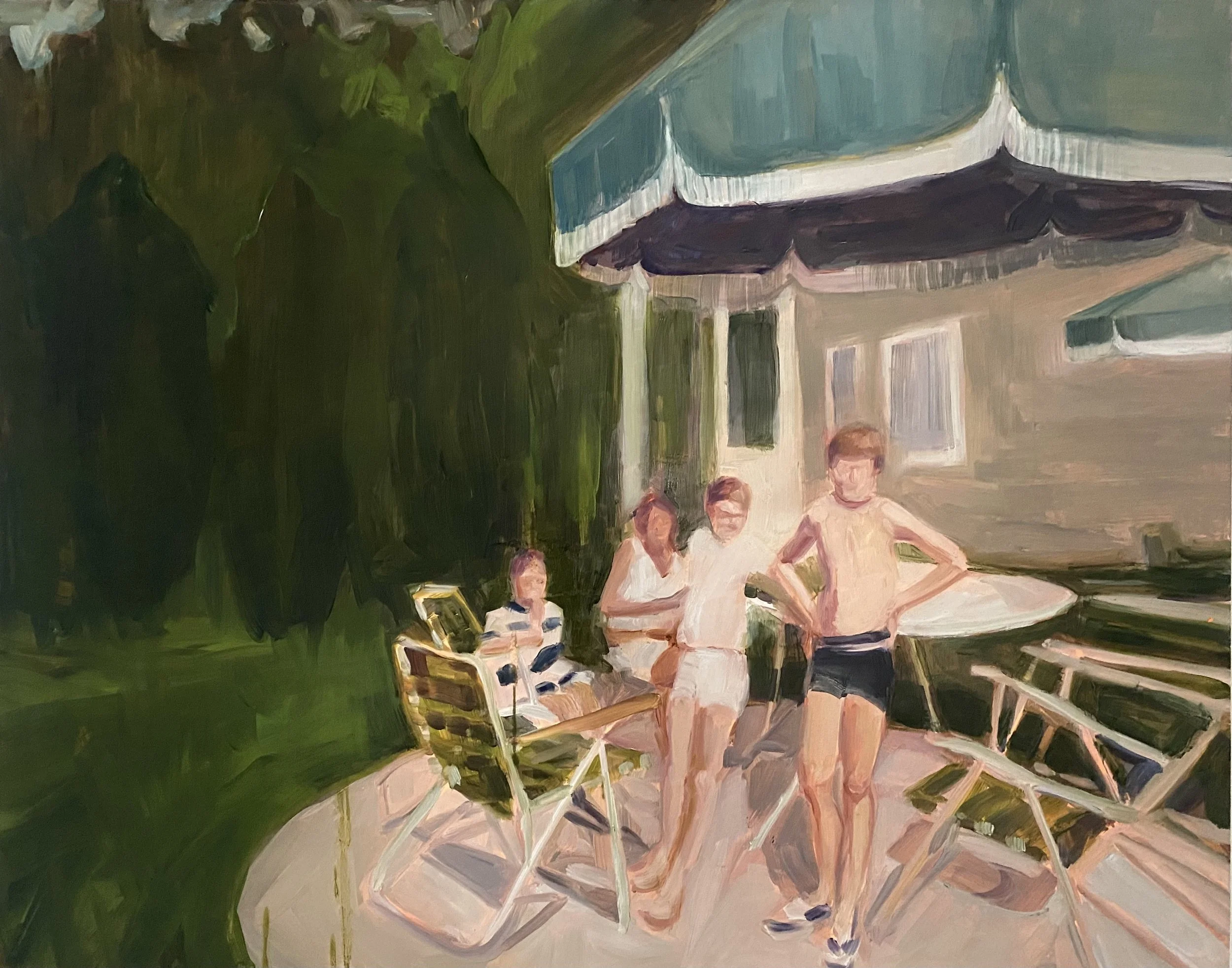Jumana Manna
“Break, Take, Erase, Tally”
New York, 22-25 Jackson Avenue Queens
Jumana Manna’s first major museum exhibition in the US charts the artist’s multidisciplinary practice, which explores the paradoxical effects of preservation practices in agriculture, science, and the law. Marking the New York premiere of Manna’s newest film, Foragers (2022), the exhibition brings together nearly 20 works including two recent films and a series of new and existing sculptures.
Focusing on the land in the face of increasing forms of alienation from it, Manna’s films use a range of narrative methods to examine how land-based practices like farming and foraging are embroiled in and struggle against neoliberal and colonial policies and in turn, climate change. Drawing from specific examples, such as the first withdrawal from the Svalbard Global Seed Vault in 2015 in response to the Syrian war—the subject of her film Wild Relatives—Manna underscores the scientific limitations in recovering the loss of biological life, in all of its forms. Her work visualizes the slow violence of industrial agriculture while asking poignant questions about what kind of future is possible in a precarious present.
In her new film Foragers, Manna moves between documentary and fiction to chronicle confrontations between Palestinian pickers of the wild growing herbs ‘akkoub and za’atar and the Israeli Nature Protection Authority, which has deemed the plants endangered. The foragers’ refusal and the punishments they face, from large fines and potential jail time, at times takes on an absurdist and comical tone that raises key questions around the politics of extinction—namely who determines what gets to live on and how. In both of Manna’s films, plants and seeds are primary subjects, and the relationship between human labor and the land is essential to their narrative structures.
The exhibition also features a new large-scale installation of sculptures that take inspiration from the fragmented remains of khabyas, traditional and now obsolete structures for grain storage in the Levant. The sculptures are placed in dialogue with the artist’s signature industrial plinth assemblages, which borrow materials found in the urban environment—from construction sites to drainage systems. Across sculpture and film, Manna’s works explore the land and its rhythms as the basis for ways of life that can also serve to resist, evade, and transform hegemonic power structures.






